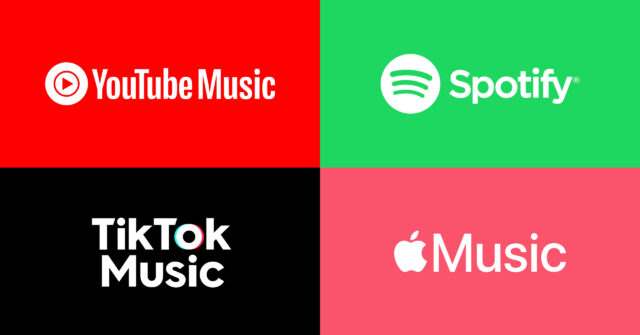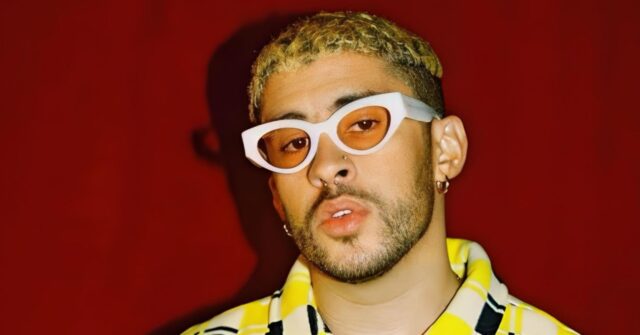In an ambitious move set for early next year, Spotify is gearing up for a major shift in the company’s royalty distribution model –– with the goal of redirecting $1 Billion towards “genuine” artists and rightsholders over the next five years.
After weeks of deliberation with various music rightsholders, sources have revealed that there are three pivotal and game-changing adjustments to the current royalty system in place. Supposedly, these changes are designed to address three key and critical issues that are said to hinder fair compensation for working artists today.
1. Minimal Annual Stream Threshold
Beginning in the first quarter of 2024, Spotify will be requiring tracks to achieve a specific annual stream count before it generates royalties for the artists. Although the exact number of streams remains undisclosed, this move aims to de-monetize tracks that usually earn less than five cents (in USD) monthly.
This move also aims to address the issues with regard to micro-payments that do not reach indie artists –– with the money supposedly sitting in bank accounts untouched. So rather than letting DIY distributors garner interest from the untouched money, Spotify aims to put it back so that it can target royalty payouts whose value is being affected by such processes.
2. Penalizing Fraudulent Activity
According to Spotify, the company is equipped with advanced anti-fraud technology that can be used to detect when something is amiss with the content uploaded on their platform. They plan on utilizing this to fine distributors –– including labels whenever fraudulent streaming activity is detected.
In the case that Spotify detects a track that was boosted by an artificial streaming fraud practice, the track is set to be removed from the platform and will charge the distributor a per-track enforcement penalty. The monetary penalty will serve as a deterrent for those who support such practices and is aimed at benefiting honest artists in the industry.
3. Minimum Play-Time for Non-Music Content
In another strategic move, Spotify is set to elongate the minimum play time required for “non-music noise” tracks to trigger royalties. Such forms of adjustment are supposedly put in place to deter manipulative tactics used by some creators, ensuring fairer compensation for artists from the platform.
From the company’s observations, Spotify supposedly has already observed a number of uploaders game their current system by uploading thirty-one-second tracks as a form of a hack –– so they aim to address this to allow more money to be put back into place of the “streamshare” system for musical content.
The motivation behind all these major changes lies in redirecting royalties away from the low-revenue-generating tracks, fraudulent activities, and micro-transactions on Spotify’s platform in order to channel them towards legitimate artists.
To Spotify, the main objective of these changes — set to be implemented next year— is to maintain the overall size of the royalty pool while also promoting a fairer allocation to their artists.



